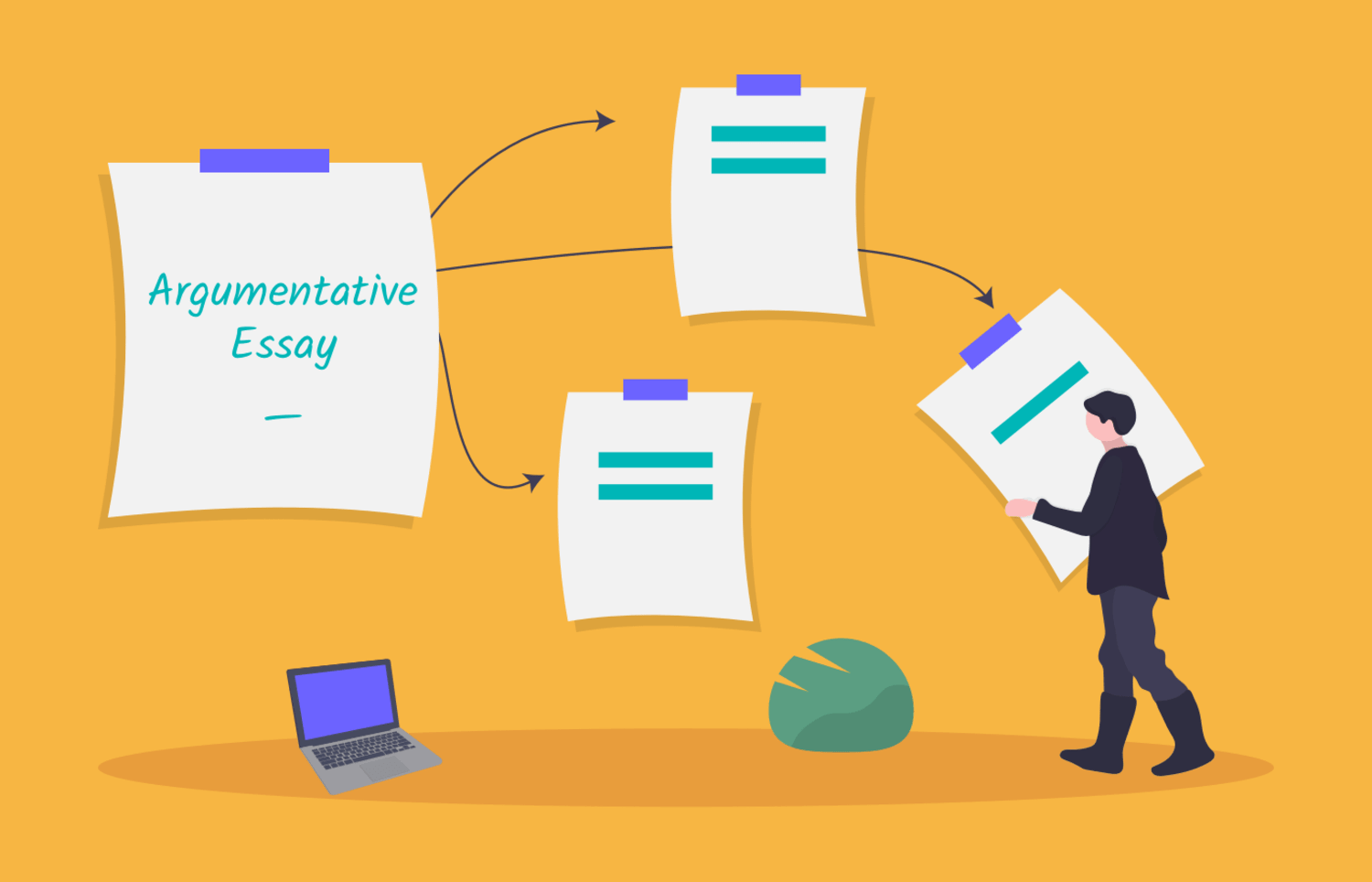When you’re learning how to write an argumentative essay, one of the first things you need to know is how to structure your text. You can use example essays as a guide. You will want to follow a certain structure, such as introducing your main point and messaging and defining your topic. You need to research arguments that support your viewpoint and explain how you came to that opinion. Then you must make your text compelling and unique.
Appeal to the reader’s reason
While it is often tempting to appeal to the reader’s emotion in an argumentative essay, you should also use rational arguments when possible. Emotional appeals should always support your claims and not distract from the core issues of debate. If you use emotion to make your case, you risk presenting an argument that is either not based on fact or will scare people away. Therefore, avoid using emotions to make your argument.
The introduction should capture the reader’s attention and explain why he or she should care. The background section should explain the topic and give the reader a context for the topic. The body paragraphs should outline your main arguments and present the facts and evidence to support them. The conclusion should restate the points you made and discuss any implications. If you choose to use examples, they are important and will help you in your writing process.
Appeal to the reader’s emotions
An effective argument appeals to the emotions of the reader. It is a proven strategy to engage your reader in a way that is relatable and persuasive. For example, an argument to legalize organ sales appeals to the readers’ compassion. However, it is not advisable to appeal to the reader’s emotions unless you have solid reasoning to back up your argument. Here are some tips to appeal to the emotions of the reader when writing an argumentative essay:
Pathos: Appealing to the reader’s emotions can be effective for different kinds of arguments. It is a strategy that appeals to a reader’s sense of empathy and imagination to convey an idea. By using a specific story or vivid imagery, you can evoke empathy and sympathy with your audience. This can help you make your argument more convincing and persuasive. When used correctly, pathos can be the most powerful method of persuasive writing.
Use evidence and explanations
When writing an argumentative essay, you should use evidence and explanations to support your points. If you don’t have sufficient evidence to support your position, you may need to analyze it further to prove your point. Look for comments in the margins, suggesting you need more information. Also, make sure you know what counts as evidence and how to use it. If you’ve found an excellent source, consider including it in your essay.
When choosing a topic, think about what you are passionate about. Think about topics that affect your daily life. You may have strong opinions about them, but most of these opinions lack solid evidence. Do your research, clarify your stance, and plan ahead. Follow these tips when writing an argumentative essay, and you’ll soon become an effective writer! Enjoy the process! And remember, your final paper won’t be the last one!
Avoid emotional language
When writing an argumentative essay, it is important to avoid emotional language. This type of argument is often insensitive and would probably backfire in a heated discussion. In addition to using appropriate, factual language, a persuasive essay should also avoid the first-person point-of-view. Using “that guy was a hater” isn’t appropriate, but “the manager reprimanded the cashier for insubordinate behavior” is more specific.
While it can work well in an argumentative context, emotional arguments are often the least respected of the three main argumentative strategies. This is because emotions are powerful and can influence a reader’s understanding of something. In an argumentative essay, however, emotional arguments can only be effective if they are well-chosen and not overused. The following are some examples of emotional arguments. These examples are only a few ways to avoid using emotional language in your essay.

